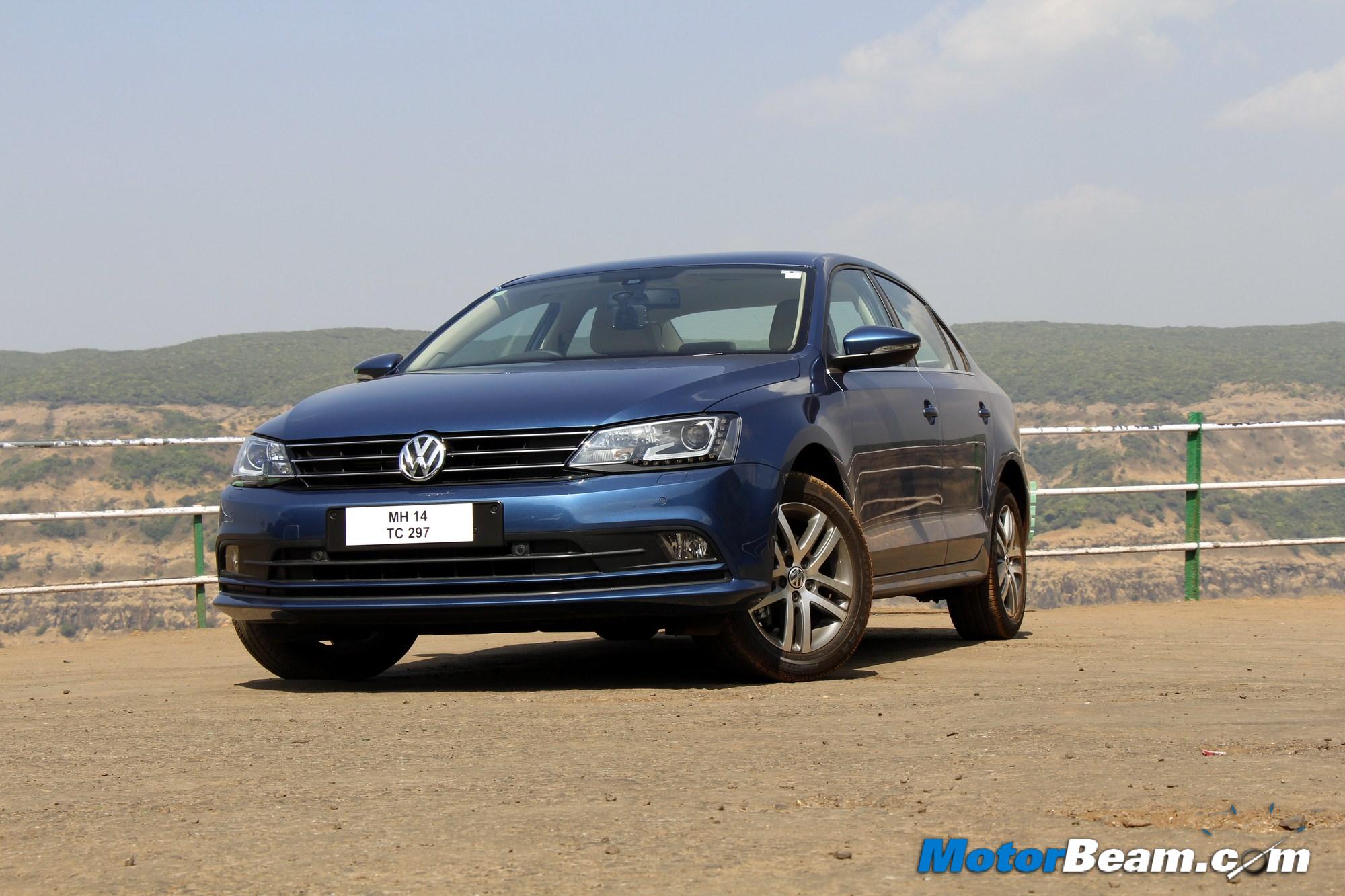
Volkswagen India unit has been accused of misclassifying imports, paying lower tax
The Indian government has issued a tax notice to Skoda Auto Volkswagen India, alleging tax evasion of $1.4 billion (Rs. 11,858 crores) over several years. The case revolves around the classification of imported car components, with authorities claiming the company misclassified imports to pay lower duties.
The Allegations
The notice, issued on 30th September, accuses Volkswagen’s Indian unit of importing nearly entire cars in unassembled form, which would normally attract a 30-35% import tax under rules for completely knocked-down units. Instead, the company allegedly declared these imports as individual parts, subject to a much lower duty of 5-15%.
The alleged tax evasion concerns components for models such as the Skoda Superb, Kodiaq and Volkswagen Tiguan, as well as luxury cars from the Audi lineup, including the A4 and Q5. Indian investigators claim Volkswagen used multiple shipments to conceal the nature of imports and avoid paying higher duties.
Financial Impact and Penalties
The notice calculates that since 2012, Volkswagen should have paid approximately $2.35 billion in taxes but has only paid $981 million, resulting in a shortfall of $1.36 billion. If found guilty, the company could face penalties of up to 100% of the evaded amount, potentially bringing the total payable to $2.8 billion.
Volkswagen’s Response
In its initial reaction, Skoda Auto Volkswagen India stated it complies with all local and global regulations and is cooperating with authorities. The company is analysing the notice, but details of its formal response remain undisclosed.
Broader Context
The investigation is part of India’s broader scrutiny of foreign companies, with high taxes and prolonged legal disputes often cited as challenges for multinational corporations operating in the country. Notable examples include tax disputes involving Vodafone and Chinese automaker BYD.
The timing of this notice comes as Volkswagen plans a $1.8 billion investment in India to produce electric and hybrid vehicles. Despite these plans, Volkswagen’s market share in India remains small and the luxury segment, where its Audi brand competes, is dominated by rivals such as Mercedes-Benz and BMW.
The Investigation Process
Authorities initiated their probe in 2022, conducting searches at Volkswagen facilities in Maharashtra and seizing documents and digital records. Investigators scrutinised the company’s internal software, which reportedly facilitated the ordering and shipment of components from countries like Germany, the Czech Republic and Mexico.
The notice alleges that Volkswagen’s logistical practices were designed to avoid higher taxes, a claim the company dismissed as part of its operational efficiency. However, investigators rejected this explanation, emphasising that such practices were not in line with the company’s core business objectives.
Industry Implications
The case has broader implications for the automotive sector in India, particularly regarding compliance with import tax regulations. The government has highlighted that other automakers, including Mercedes-Benz, adhere to CKD rules and pay the applicable taxes.
As the situation unfolds, Volkswagen’s response and the resolution of this case will be closely watched, given its potential to influence the company’s plans in India and its reputation globally.





